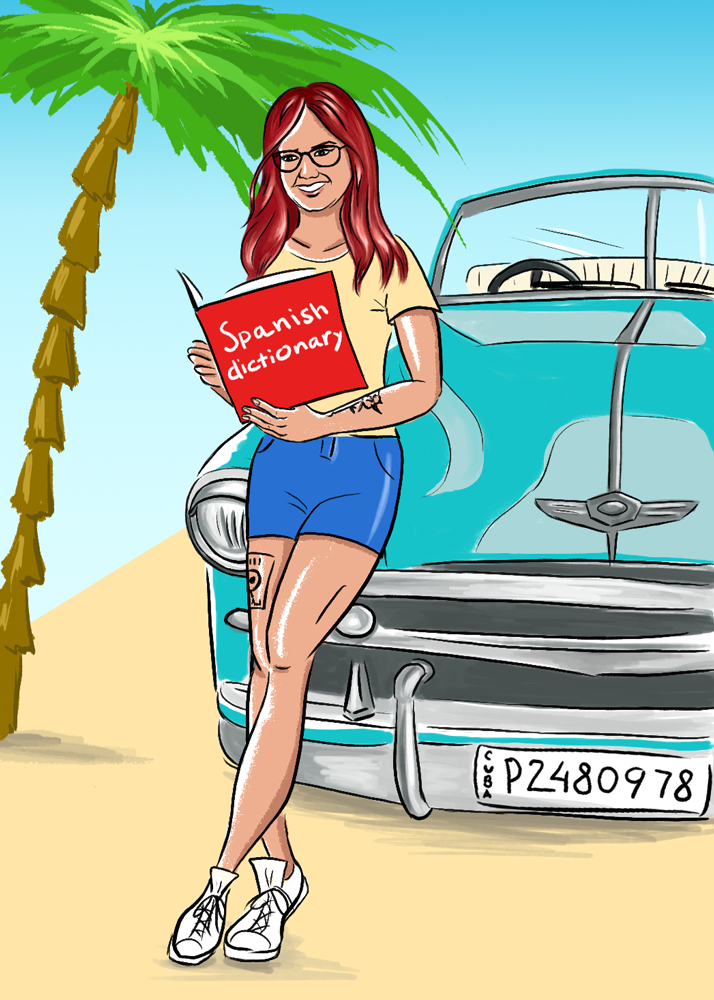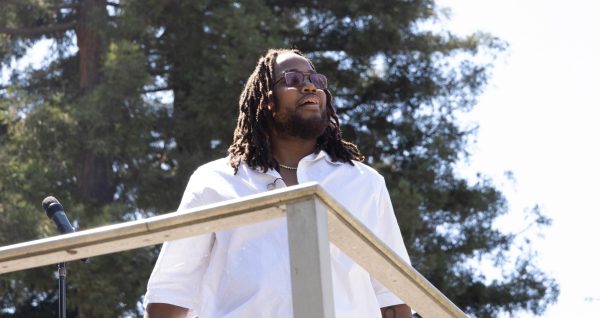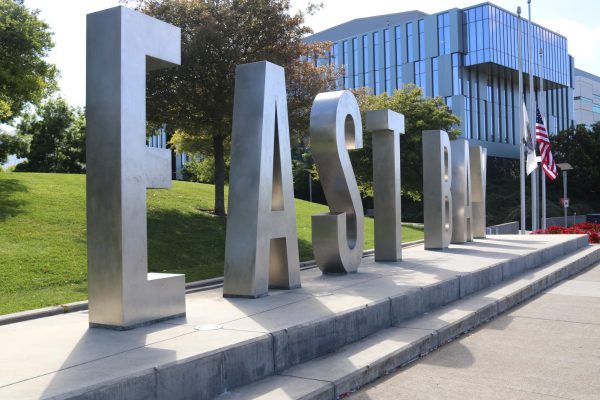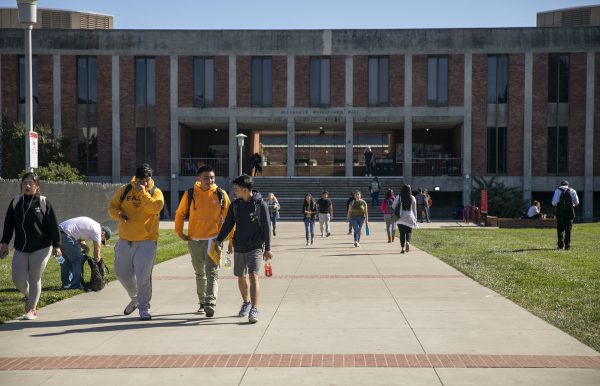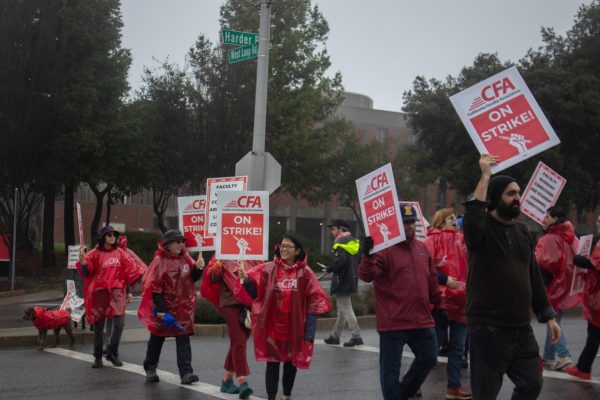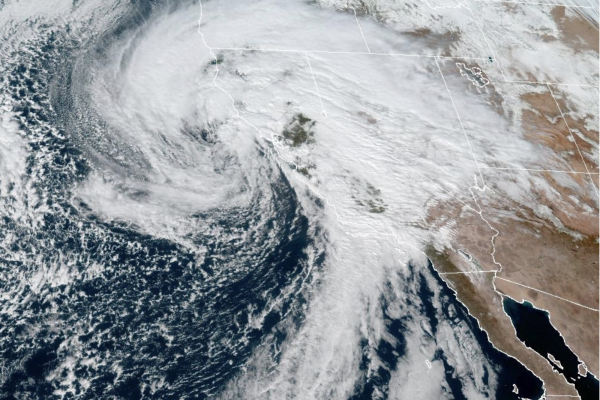Off the grid, out of country: Visualizing two weeks in Havana, Cuba
July 5, 2017
Just two months shy of my 24th birthday, I had never traveled outside of the United States.
That changed on Friday when Havana, Cuba became my home for the next two weeks.
Approximately 25 Cal State East Bay students will experience two weeks with limited phone service, wifi or contact with the outside world for a study abroad trip. We’ll be partially off the grid. It’s a little disconcerting and surreal but also exciting.
On the eve of my journey, I anticipated this trip will be eye-opening. In America we’re used to first-world conveniences like toilet paper. In Cuba, an impoverished island that was completely isolated from the U.S. for over 50 years until former president Barack Obama lifted the embargo in 2014, these small luxuries aren’t as accessible as they are in America.
I’ve been told that when at a restaurant, if you don’t ask for your water, sin hielo, or without ice, you could get a nasty stomach bug. I also plan to slather myself in bug spray to avoid Zika Virus and definitely not open my mouth in the shower.
I’ve been warned not to pet the cute-looking local, worm-infested dogs that roam the city streets, and when venturing to the beach, I was told to be prepared to find a discreet spot behind a sand dune because public restrooms and toilet paper are scarce.
Some of these inconveniences are just that, but others are downright scary. I’ve been cautioned that taking photos of the police, military, government vehicles or personnel can land you in prison. In 2011, Cuban journalist Jose Antonio Torres was sentenced to 14 years in prison for espionage for exposing a mismanaged aqueduct project and writing about the installation of fiber-optic cables between Cuba and Venezuela, according to Pen International, a UK-based media organization associated with the United Nations.
Cuban media is controlled by the government which owns all broadcast media and prohibits private ownership of electronic media, according to the CIA. There are three national newspapers, five national television stations, six national radio stations and one international radio station, according to the CIA.
When preparing for this trip, our professors told us that even postcards are screened and we were cautioned to avoid certain words like “journalism” when locals ask why we’re in Cuba.
As frustrating as President Donald Trump’s attempts to discredit reliable news sources like The New York Times and Washington Post as “fake news” are, it doesn’t come close to Cuba’s degree of media censorship.
As an aspiring journalist, this is worrisome, and I’m concerned about how much access I will have to the people and topics I want to cover during my visit. I can’t help but worry that making an ignorant, innocent mistake could impact the rest of my life.
The trip will be far from a carefree island vacation; it technically counts for two classes at CSUEB, which will consist of writing articles, taking photos and filming documentaries, as well as a post-production process that will take place back at CSUEB’s Hayward campus when we return in two weeks.
I graduated from college a few weeks ago; however, I still need two more classes before I can actually receive my degree. While each student is required to shell out just over $6,000 for this trip, I decided it was worth it because it will close out my education with an invaluable, once-in-a-lifetime experience. To make this happen, I had to take out my first federal loan, but I felt the experience would be worth it.
In the near future, a trip like this may not be possible, given President Trump’s June 16 promise to roll back several eases on travel restrictions that Obama initiated in 2014 in an effort to mend U.S. and Cuban relations.
Despite the horror stories and the uncertainties I’m feeling about entering a foreign country for the first time, I can’t wait to touch down in Havana. From the outside looking in, Cuba is iconic for its cigars and old cars, but in reality, it’s a culturally rich country that few Americans have had the chance to explore firsthand.
For me, it will be a significant reminder of why I fell in love with journalism and a life changing send-off into the next phase of my life.




